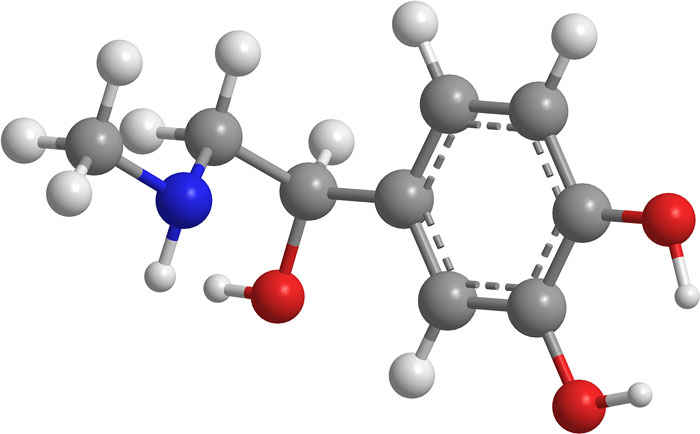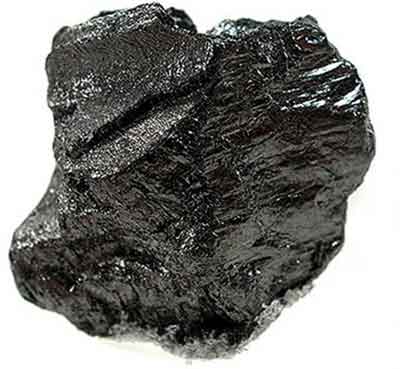 Organic chemistry is one of the most famous branches of chemistry that you may have heard in your chemistry classes. It is most of the time considered to be a branch of science that deals with Molecules involved with living things only. In fact, it is a much broader field and covers many compounds that are not directly linked with life.
Organic chemistry is one of the most famous branches of chemistry that you may have heard in your chemistry classes. It is most of the time considered to be a branch of science that deals with Molecules involved with living things only. In fact, it is a much broader field and covers many compounds that are not directly linked with life.
What is Organic Chemistry?
Organic chemistry is simply a branch of chemistry that deals with compounds that contain carbon atoms. In other words, the whole organic chemistry revolves around carbon due it is unique properties. Some of the examples of organic compounds are plastics, oils, gasoline, rubbers, and cellulose, etc.
Organic Compounds
Organic chemistry covers a variety of organic compound types, some of which are hydrocarbons, alcohols, aromatic compounds, ketones, and aldehydes. There are also many compounds that contain carbon atoms but they are not classified as organic compounds. For example, carbon dioxide, carbon monoxide, and Sodium bicarbonate.
One of the most famous types of organic compounds is hydrocarbons. Hydrocarbons are the type of organic compounds that contain only carbon and Hydrogen atoms. There are 3 main types of hydrocarbons, which are alkanes, alkenes, and alkynes. The gas that you use for cooking is methane which belongs to alkanes.
Organic compounds and processes involved in them are also the basis for life. Some of the types of organic compounds involved with living things are nucleic acids, Proteins, lipids, and carbohydrates.
Why Carbon Is Important?

Carbon has the ability to make chemical bonds with four elements, or with itself and three other elements. Due to this reason, carbon can form a wide variety of small and long compounds. It can even form very long compounds, known as polymers, which can contain 50,000 atoms or more in a single compound. Carbon is also the building block of life, which is also the second reason for its importance. There is no life-form on the earth including microorganisms that don’t contain carbon.
Facts
- Carbon atoms constitute around 18% of our bodies.
- DNA is an organic compound and is a very long chain of atoms. There are billions of atoms that constitute a single DNA compound.
- Diamond is a form of elemental carbon, but its atoms are arranged in such a way that it becomes transparent, hardest, and of course expensive object.